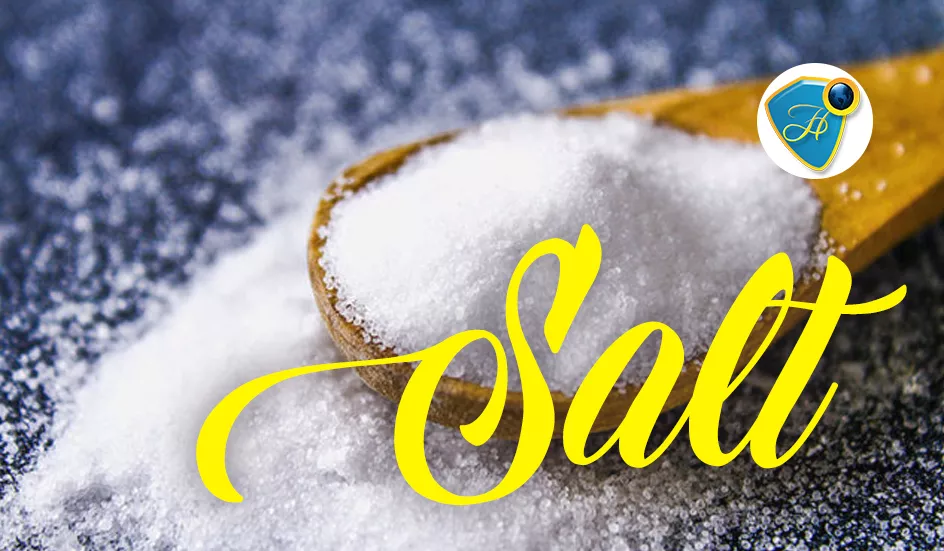
Salt is good (Mark 9:50), and it plays a crucial role in maintaining the body’s health. In food, salt provides nutrients like sodium chloride and iodine, as well as trace amounts of magnesium, iron, phosphorus, potassium, zinc, etc. It also serves the functions of preservative, and texture and flavor enhancement. Benefits of salt in the body include:
Oral rehydration. Salt is crucial to sustaining ideal hydration levels in the body. It also contributes to the maintenance of pH levels and electrolyte balance for proper organ functions; electrolytes here mainly refer to magnesium, potassium, calcium, and sodium. An oral rehydration solution (made of salt, sugar and water) is recommended to compensate for loss of fluids.
Iodine supply. The body needs thyroid hormones for proper development of the brain and bone structure, and in turn needs iodine to create the hormone, especially during pregnancy and in young children. The easiest and most common source of iodine is Iodized salt.
Blood pressure control. The amount and frequency of salt intake directly influences blood pressure levels. This can go both ways (high or low), so be sure to moderate salt consumption in order to keep blood pressure at optimum levels.
Oral and dental health. From reducing swelling and soothing sore throats and gums, to removing plaque, whitening teeth and reducing risk of bacterial infection in the mouth, a little salt and some warm water will make a huge difference.
Other benefits. Taking liquids with salt in them will relieve muscle cramps, while soaking your feet in warm, salty water will relieve pain and aid exfoliation.
Salt adds that savory taste to nearly everything, which makes it easy to overdo. The following symptoms are indications that you may be consuming too much salt:
Dehydration. Thirst is a natural response to too much salt because the body requires water to restore balance in the cells.
Bloating. Excess sodium in the body can cause the tissues to retain more fluids, causing them to swell.
Increased blood pressure. A resultant effect of holding in more fluids would be that the heart has to pump faster, thus a higher blood pressure than normal.
Other health problems. There are many health conditions that can be averted by watching one’s salt intake. Some of these are diabetes, hyponatremia (sodium deficiency), cystic fibrosis, etc.
With the knowledge that too much or too little salt can have adverse effects, these are some habits you can inculcate to help you moderate how much salt you consume.
Eat in. Most snacks and fast-food contain inordinate amounts of salt. This is regardless of what’s on the nutrition table because most people eat at least two or three times the suggested serving size. The best way to control how much salt you’re consuming is to prepare your own meals.
No table salt. Avoid the practice of keeping a salt shaker on the table as it is so easy to overdo. Control the urge to add more salt and only do so when it is absolutely necessary.
Watch the labels. Foods with labels like ‘no added salt’ and ‘sodium free’ are your best bet. You may also opt for labels that say ‘lightly salted’ or ‘light sodium’ to get fifty percent less than in regular products.
Keep it fresh. Opt for fresh meats (and fish), fruits and vegetables, rather than the cured or dried versions that use salt as a major preservative.
Rinse out the brine. When you buy canned foods such as tuna, beans, vegetables, and others, that have been preserved in salt water (brine), rinse once or twice before serving or cooking.
Consider alternatives. Adding spices to your meal usually helps to reduce how much salt you use. Options include pepper, nutmeg, coriander, rosemary, thyme, garlic or onion powder, bay leaf, oregano, etc.
Reduce portions. Eating less food equals eating less salt.







